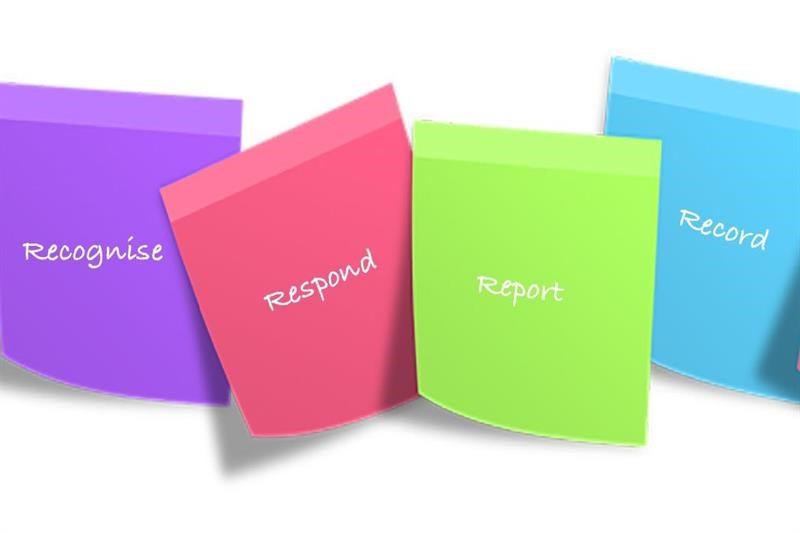Time to learn the five Rs of safeguarding
Published: 04/02/2020
How the whole dental team needs to raise the alarm and remember to ‘recognise, respond, report, record and refer'
One of your most important professional duties as a member of the dental team is to safeguard the individuals around you. Any individual can be at risk of abuse or neglect at any time in their life, including the colleagues you work with, patients visiting your practice, and the people you cross paths with on your walk into work.
In order to fully understand your main roles and responsibilities when it comes to safeguarding, you will need to take a professional course such as those offered by the Child Protection Company (www.childprotectioncompany.com). Everyone in your dental practice must have at least a Level 1 safeguarding certificate, but those who work in a clinical capacity or take on additional responsibility for safeguarding must also complete Level 2 safeguarding training.
Here’s a handy way of remembering your roles and responsibilities. The 5 Rs will help you to recall the steps you should take if you ever have a safeguarding concern.
- Recognise
- Respond
- Report
- Record
- Refer.
It’s a good idea to make a note of each of these steps and refer back to them next time you’re faced with a safeguarding incident at work.
Recognise Knowing the signs and indicators of abuse and neglect will help you to recognise when something isn’t quite right. Always trust your instincts. Whether you notice suspicious bruising on a child or worry that a vulnerable patient has missed two appointments in a row, it is your duty to recognise these instances as potential indicators of a safeguarding concern.
Respond Once you have established a reason for concern, it is your professional duty to respond in an appropriate manner. Be aware that this does not mean you should insert yourself into any situation that could result in a negative response or make matters worse. Your safeguarding policy will detail the steps you should take to respond safely and effectively to any potential safeguarding issue. Always be sure to do this as soon as possible, preferably straight away, and under no circumstances should you ever ignore a safeguarding concern.
Report Your first point of contact when it comes to reporting a safeguarding concern should be your Safeguarding Lead or practice manager. If you are unsure of who this person is, seek advice in a way that does not involve giving away details of the situation at hand. Remember, all safeguarding matters should remain confidential and must only be shared with people who are involved in the safeguarding process. You can often find contact details for your Safeguarding Lead in the practice’s safeguarding folder.
Record It’s incredibly important to make a record of everything you have seen and heard when it comes to a safeguarding incident. Do this as soon as possible after any incident and every time you speak to another individual about what happened. Write down exactly what happened, including (if possible) the exact dates and times. Include the names and details of any individuals involved and record all possible information to ensure the most accurate account of the incident. Even make a record of the date and time you escalated your concern to the practice manager or Safeguarding Lead. Be sure to keep these records in a safe location where they cannot be accessed by anyone else; this is confidential information and might be used as evidence later along the line.
Refer If there is genuine concern for an individual’s safety, or if you think someone might be a victim of abuse, neglect, or maltreatment, you must refer your concerns to the correct authority. This will usually happen via your practice manager or Safeguarding Lead, who will escalate the concern with social services, the local authority Contact/MASH team, the police, or any other relevant partner agencies. In this case, you need to ensure that any supporting records and information you have about the incident or individual are passed on as well.
Author: Lisa Dunbar












.jpg?width=150&height=100&scale=canvas)
